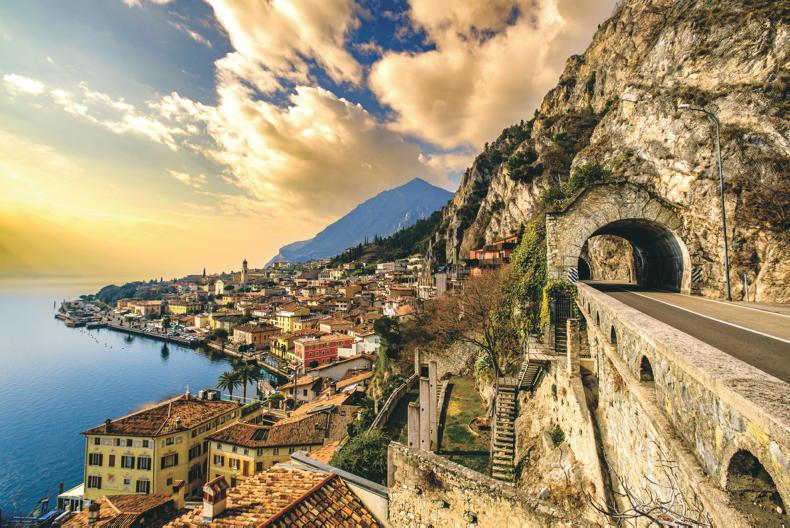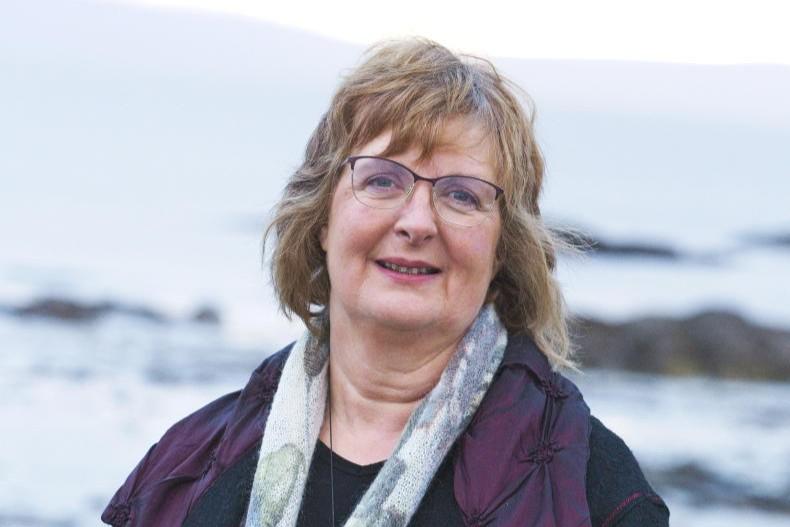There were tears listening to some of the stories from survivors of farm accidents at a conference last Saturday in Portlaoise. I was sitting on-stage asking the questions. William Sayers from Strabane described so frankly and so vividly how he lost an arm in a PTO accident, aged 12. It tore all but his underpants and socks from him. He walked back to the house less an arm and his sister and mother looking out the window at him as he passed. And how his father told him he was about to die as the blood stopped flowing from the wound. Harrowing stuff. You could hear sniffles in the audience.
For heaven’s sake, take care on the farm. I know you hear that every day and I know it’s easier said than done. I don’t think farmers knowingly gamble or take chances. But indirectly they do, insofar as they are rushing around to get jobs done. A day on the farm is a perpetual race against time to get jobs done. From most of the stories I listened to last Saturday, that sort of last-minute running around was the common denominator in the causation of freak accidents. So freak you couldn’t make them up.
We can talk all we want about hammering home the message of making the farm safer, but surely it is hard to see farming not remaining the most dangerous of occupations. Most of the rest of us work in safe environments, indoors, with colleagues all around us. We also work to time. Clock in, clock out. If we are not finished today, we can finish tomorrow. Meanwhile, farmers work outside in dangerous environments and on their own. And if a job has to be done today, then it has to be done today.
Most accidents on farms are self inflicted. Unless where children have been put in danger, the only people being placed in risky situations on farms are the victims themselves. Farm animals are less trustworthy nowadays and there is more machinery on farms than ever before. So I am not sure what more we can do except continue to highlight the dangers. As I said to one man I interviewed recently about a bull attack he survived, if it made one listener heading out to be wary of the bull, then it was worth it.
“I was aware of the dangers and heard about accidents on farms, but I always thought I’d never be caught,” he told me. And so it goes for every farmer who hears about others having accidents, but never thinks it could happen to them. Well you could be next, just like the last accident victim who didn’t think they’d be “caught”. It was tough listening last Saturday, but well done to the wonderful Embrace Farm organisation for bringing it all together. CL
Brushing up on Irish
There is nothing more beautiful than listening to a native Irish speaker waxing lyrical. I was in the company of two greats, Sean Ban Breathneach and Padriag O’Ceide, in Connemara recently and I felt so inferior not being able to fully converse with them, as they made small talk “as gaelige”.
The latest census results confirm that, of course, I am not alone.
We should protect our culture and maintain what makes us unique. But in practical terms, we must reassess the time and resources which go into the teaching of Irish and, indeed, other subjects in primary and secondary school. Physical education, mental health, home economics and international languages are relevant issues, which should be given more priority in the school curriculum. For example, can anybody genuinely argue without prejudice that learning Irish is more important and life-equipping than say, physical education?








SHARING OPTIONS